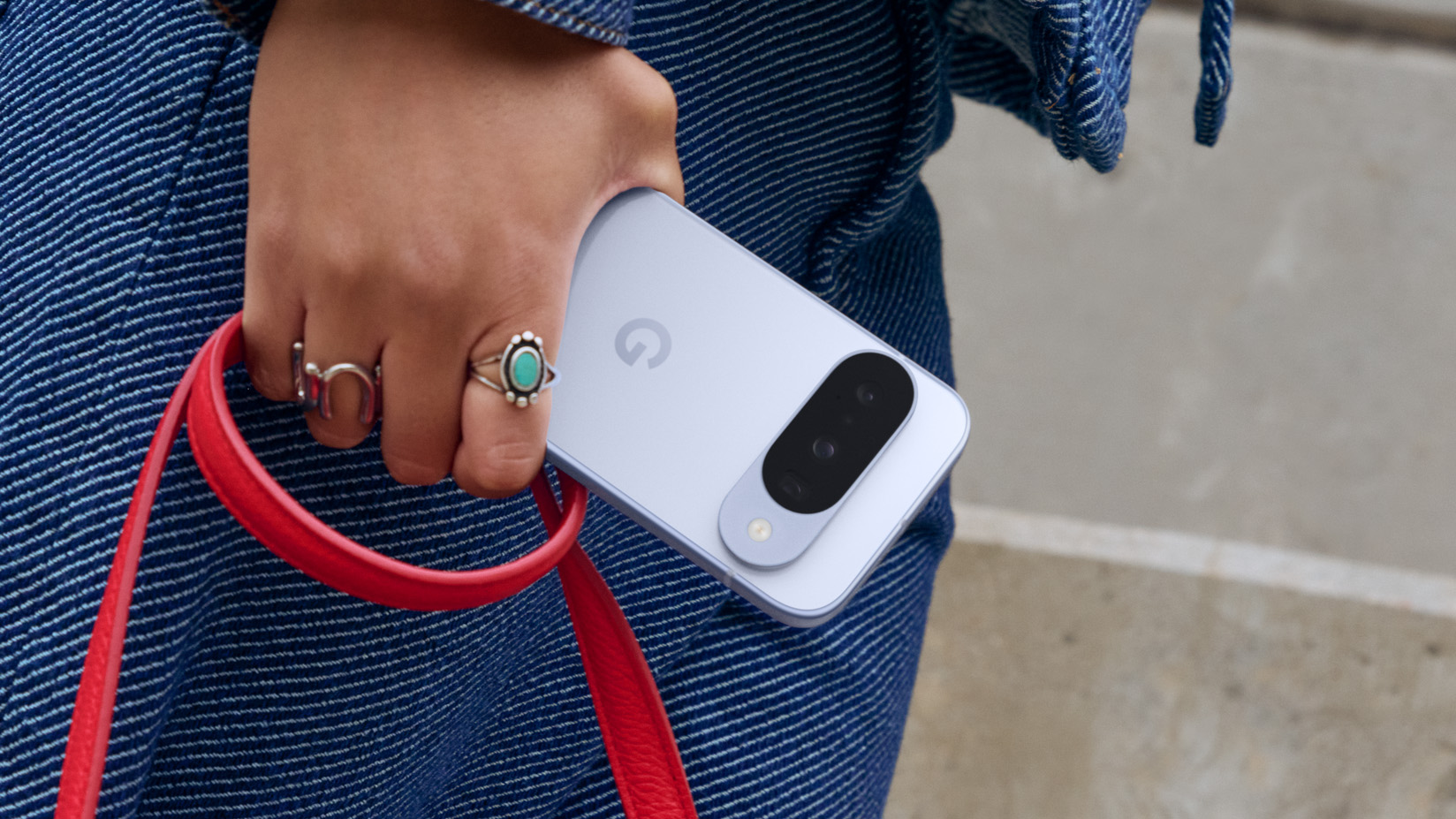Spotify wants to know your 'emotional state' for music recommendations
Spotify patent reveals speech recognition plans to make recommendations based on your mood

A Spotify patent has detailed the company’s plans to incorporate speech recognition into how it makes content recommendations. It’s apparently exploring how it could use voice data to determine a user’s emotional state, gender, age or accent — so you could end up with music or podcast recommendations that literally suit your mood.
The patent, spotted by Music Business Worldwide, was filed back in February 2018 but only granted earlier this month. It details a system wherein a “provided audio signal,”, presumably microphone input, is analyzed to determine the personal traits of the speaker, as well as hints to their physical and social environments. Spotify would then suggest content it deems most suitable to the user and their surroundings.
- Apple Music vs. Spotify: Which is the best music streaming service?
- The best wireless headphones for listening to music
- Plus: Leaving WhatsApp? Telegram wants to make it simpler to move over
Spotify is famously adept at making content recommendations based on users’ listening habits, but it’s never attempted to build a personal profile of specific users to the extent detailed in this patent. The proposed system can, for instance, use speech recognition to check whether someone is in a positive or negative mental state, and analyze ambient sound to determine whether they’re alone or with a group of friends.
The system would likely suggest more upbeat content if it thinks you’re in a good mood and are hanging out with friends, or relaxing music if it thinks you’re alone and stressed.
“Prosodic information (e.g., intonation, stress, rhythm and the like of units of speech) can be combined and integrated with acoustic information within a hidden Markov model architecture,” reads the patent filing. “Using this architecture, that prosodic information allows the emotional state of a speaker to be detected and categorized.”
As always with newly-discovered patents, especially those filed nearly two years ago, won’t necessarily reflect the final product. Spotify could have modified or even entirely ditched its speech recognition plans in that time.
Still, any system that involves determining a user’s personal characteristics, as well as their current surroundings, raises serious privacy questions. If Spotify is proceeding with these plans or similar, we’d hope the final product would at least be opt-in feature.
Get instant access to breaking news, the hottest reviews, great deals and helpful tips.

James is currently Hardware Editor at Rock Paper Shotgun, but before that was Audio Editor at Tom’s Guide, where he covered headphones, speakers, soundbars and anything else that intentionally makes noise. A PC enthusiast, he also wrote computing and gaming news for TG, usually relating to how hard it is to find graphics card stock.
 Club Benefits
Club Benefits





